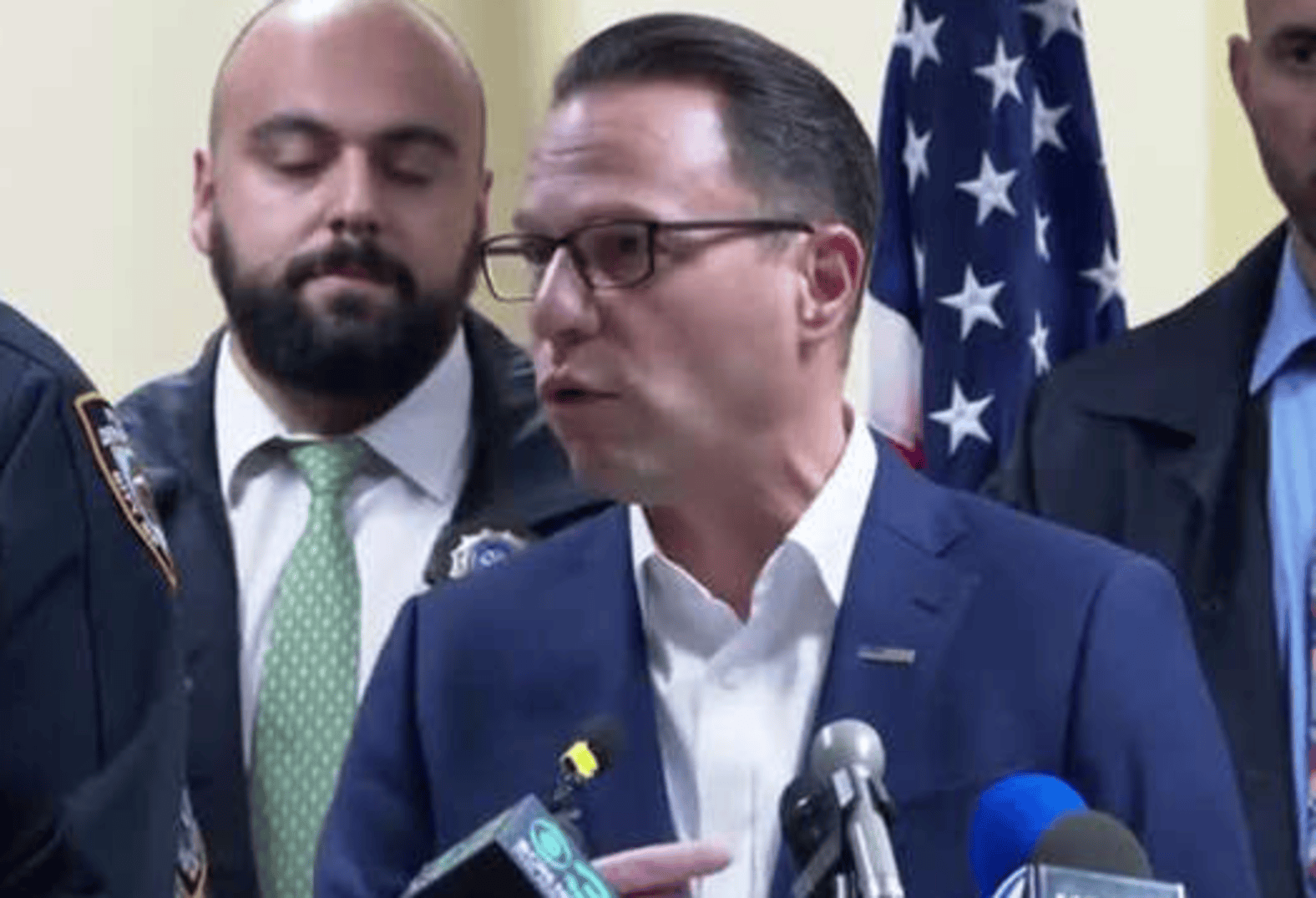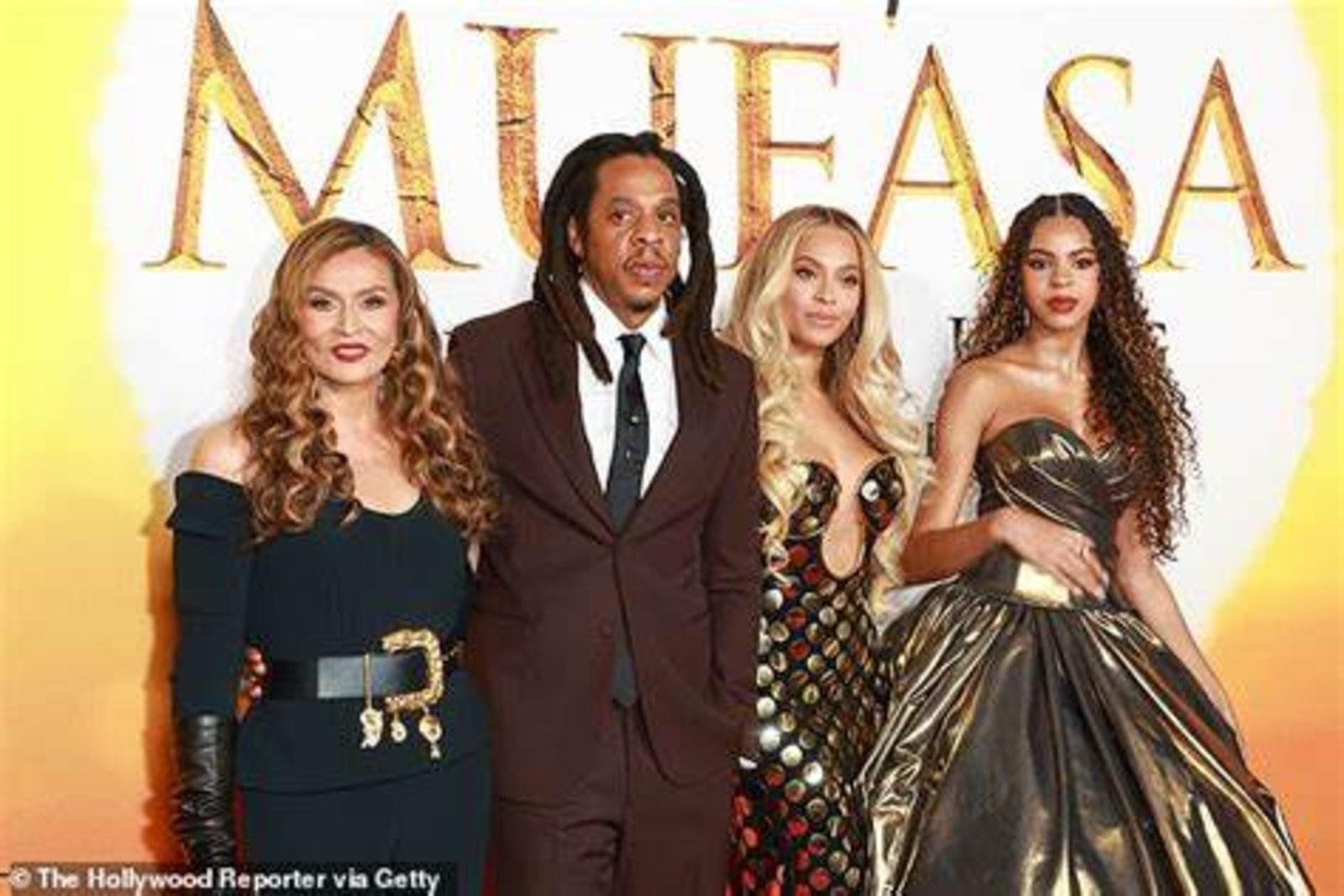
Meta CEO Blames Biden Admin for Censorship. Meta CEO Admits Biden-Harris Administration Pressure: A Detailed Look
Introduction
Meta CEO Mark Zuckerberg has made headlines with a recent admission regarding government pressure on content moderation. In a letter to House Judiciary Committee Chairman Jim Jordan, Zuckerberg revealed that the Biden-Harris administration had pressured Facebook to censor certain content, particularly related to COVID-19. This revelation comes after extensive investigation and document sharing between Meta and the committee. Meta CEO Blames Biden Admin for Censorship
Zuckerberg’s Admission
He explained that in 2021, senior officials from the Biden administration repeatedly pushed Meta to remove specific COVID-19-related content, including humor and satire. The administration’s frustration grew when Meta did not comply with all the requests for censorship.

Zuckerberg emphasized that despite the pressure, the decision to remove or retain content was ultimately Meta’s. The company maintained control over its content moderation policies, including those related to COVID-19. He admitted that some choices made during this period, influenced by government pressure, might not have been made with the benefit of hindsight. Zuckerberg expressed regret over not being more vocal about the issue at the time. He also reaffirmed Meta’s stance against compromising content standards under governmental pressure.
Meta’s Cooperation with the Investigation
Meta’s cooperation with the House Judiciary Committee has been extensive. The company provided thousands of documents to the committee as part of the investigation into content moderation practices. In addition to the documents, Meta made a dozen employees available for transcribed interviews. This level of cooperation highlights Meta’s commitment to transparency regarding its interactions with government bodies and its content moderation policies.
Zuckerberg’s letter aimed to clarify Meta’s position on government interactions and its approach to content moderation. He reiterated that Meta’s platforms are designed to promote free speech and connect people safely. The company regularly engages with various governments and entities on issues related to public discourse and safety.
Government Pressure and Content Moderation
The issue of government pressure on content moderation has been a significant concern. The balance between addressing public safety and maintaining free speech is a complex one. Zuckerberg’s admission adds a new dimension to this debate. It raises questions about the extent of government influence on private companies and the impact on content moderation practices.
However, it also raises concerns about potential overreach and the implications for free speech.
Impact on Free Speech
The revelation about government pressure touches on broader issues of free speech and governmental influence. If government officials exert pressure on private companies to censor content, it could be seen as a violation of this constitutional right.
Zuckerberg’s regret over the decisions made under pressure reflects the tension between regulatory concerns and content moderation. The challenge for platforms like Meta is to navigate these pressures while upholding content standards and protecting users’ rights to free expression.
White House Response
The White House was approached for comments on the allegations made by Zuckerberg. As of now, no official statement has been issued by the administration. The response from the White House will be important in understanding the administration’s stance on the issue and how it aligns with the principles of free speech and content moderation.
The Committee’s Investigation
The House Judiciary Committee began its investigation into Meta’s content moderation practices and government interactions on February 15, 2023. The focus of the investigation is to determine whether the executive branch pressured private companies to suppress certain types of speech. This inquiry is part of a broader examination of how government entities interact with social media platforms and influence content moderation decisions.
The investigation aims to clarify the extent of government involvement and its impact on free speech. It will also examine whether such interactions constitute a breach of First Amendment rights. The findings of this investigation could have significant implications for how content moderation is handled in the future and the role of government in regulating online platforms.
The House Judiciary Committee’s investigation into Meta’s content moderation practices and its interactions with the Biden administration marks a critical juncture in the ongoing debate over government influence on private companies. Initiated on February 15, 2023, this inquiry is aimed at uncovering the extent of governmental pressure on social media platforms, particularly focusing on how such pressure may affect free speech.
At the core of this investigation is the examination of whether the executive branch, under President Biden, exerted undue influence on Meta to censor or suppress certain types of content. This is particularly pertinent given recent revelations from Meta CEO Mark Zuckerberg, who admitted in a letter to the committee that the Biden administration had indeed pressured his company regarding COVID-19-related content.
The committee’s work involves a thorough review of thousands of documents provided by Meta, along with interviews with key employees. These documents and testimonies are crucial in understanding the nature and scope of the interactions between Meta and government officials.
Conclusion
Mark Zuckerberg’s recent admission about government pressure on Meta adds a new layer to the ongoing debate over content moderation and free speech. The details of the Biden administration’s requests and Meta’s response highlight the challenges faced by private companies in managing content while dealing with government influence.
The investigation by the House Judiciary Committee will continue to explore these issues, seeking to determine the boundaries of government involvement in content moderation. As the situation develops, the focus will remain on ensuring that content moderation practices uphold free speech rights and address public safety concerns effectively.
The outcome of this investigation could reshape the landscape of content moderation and government interaction with private companies, impacting how online platforms navigate the balance between regulation and free expression.







